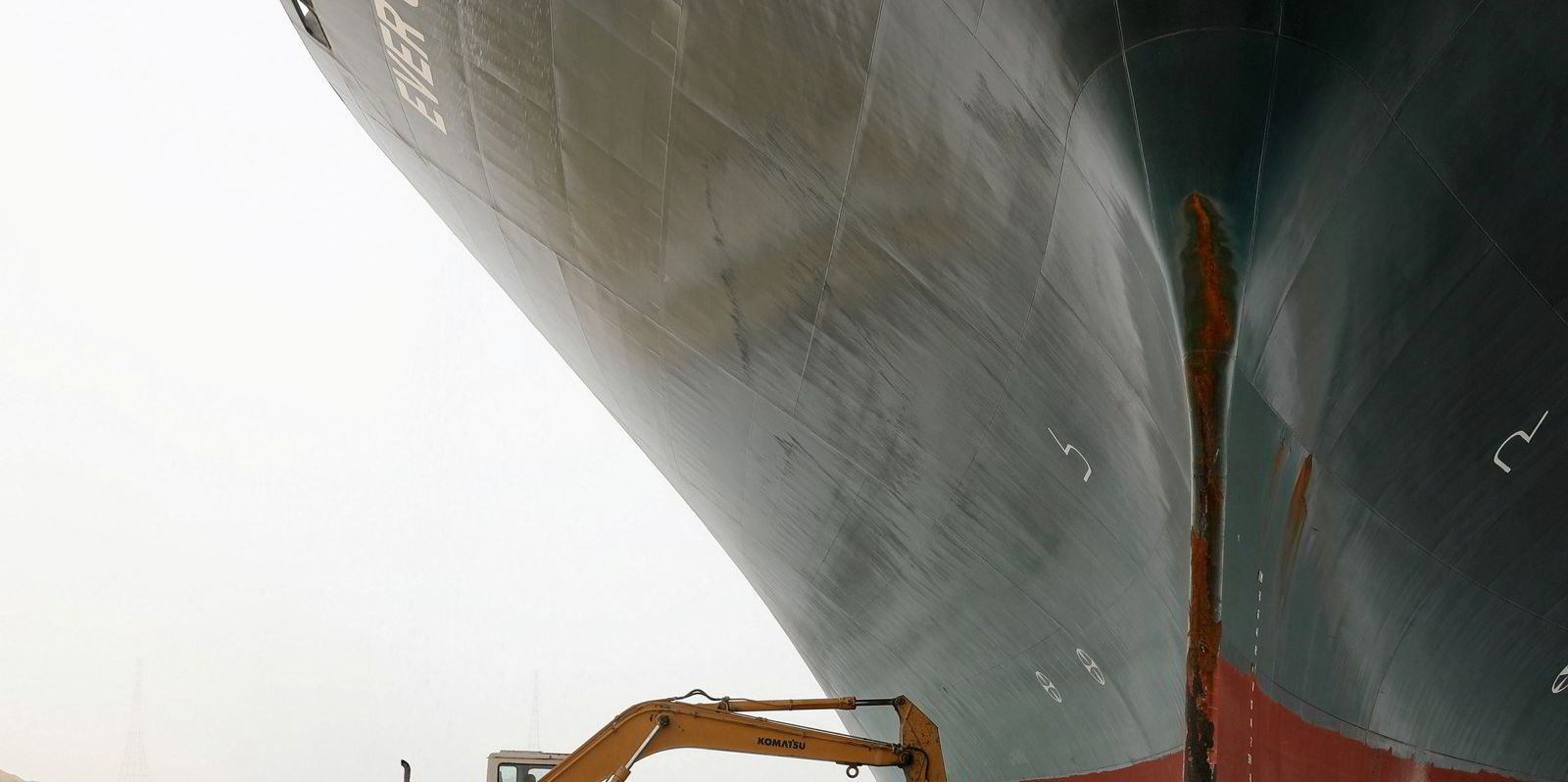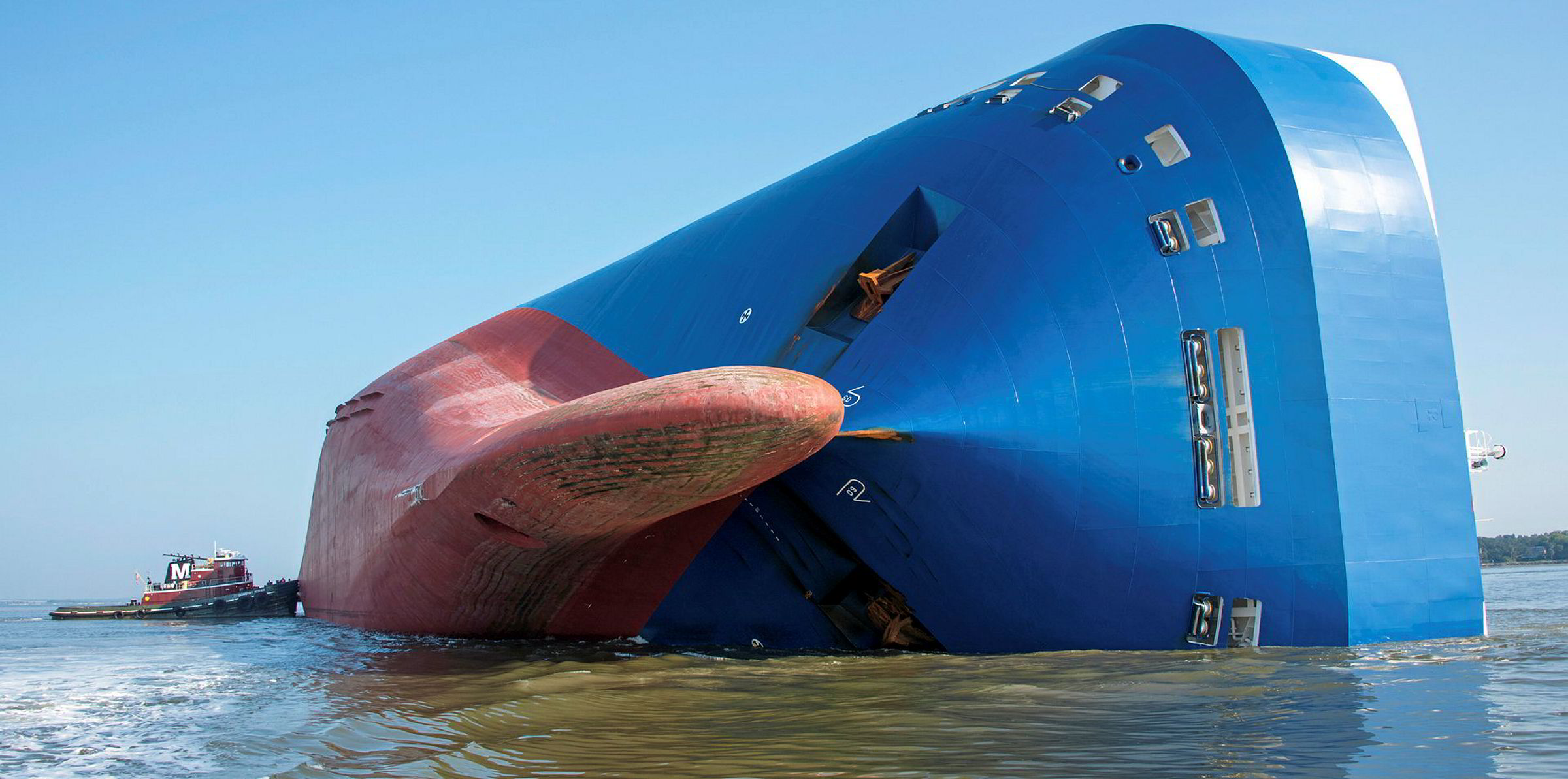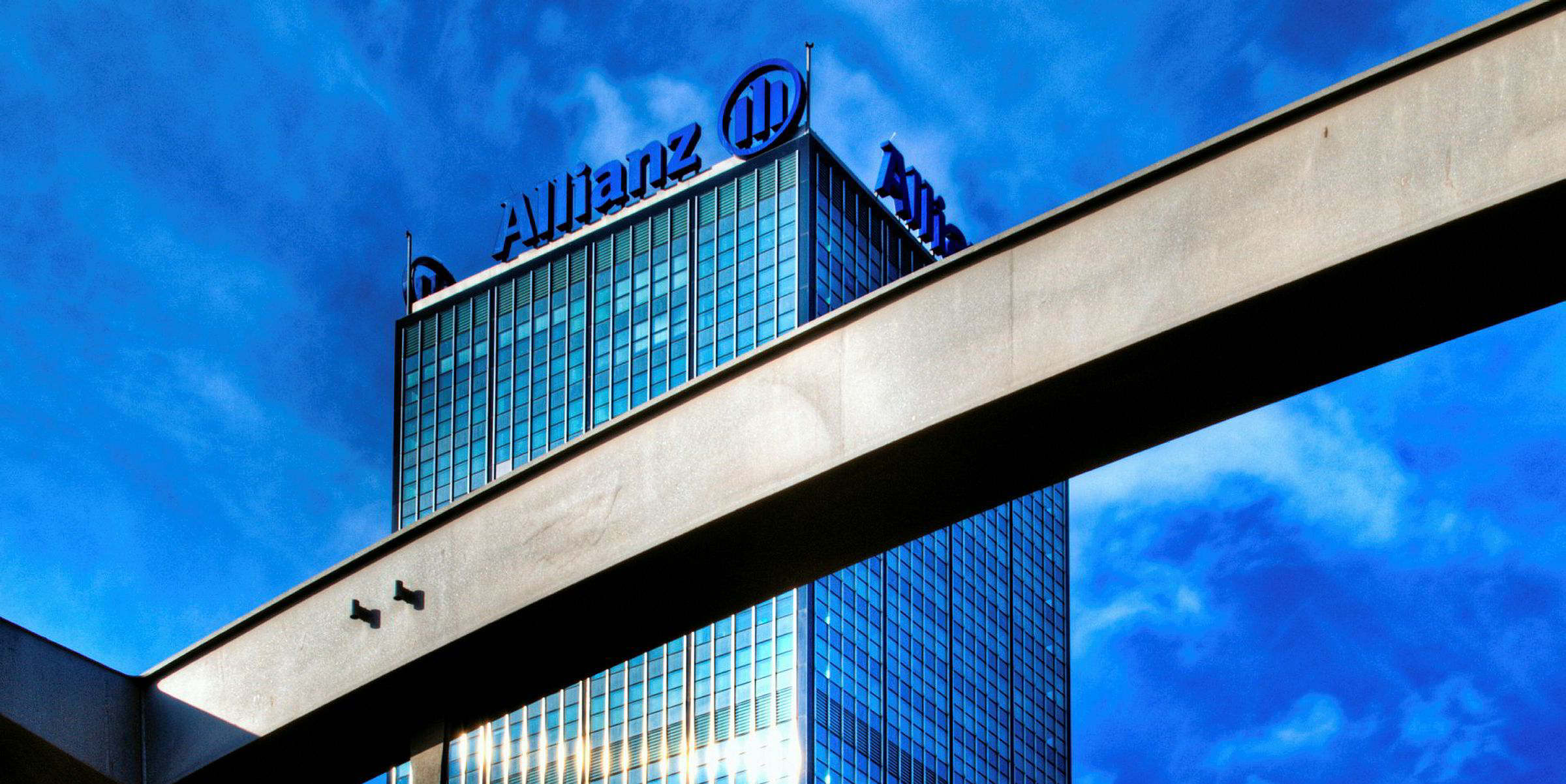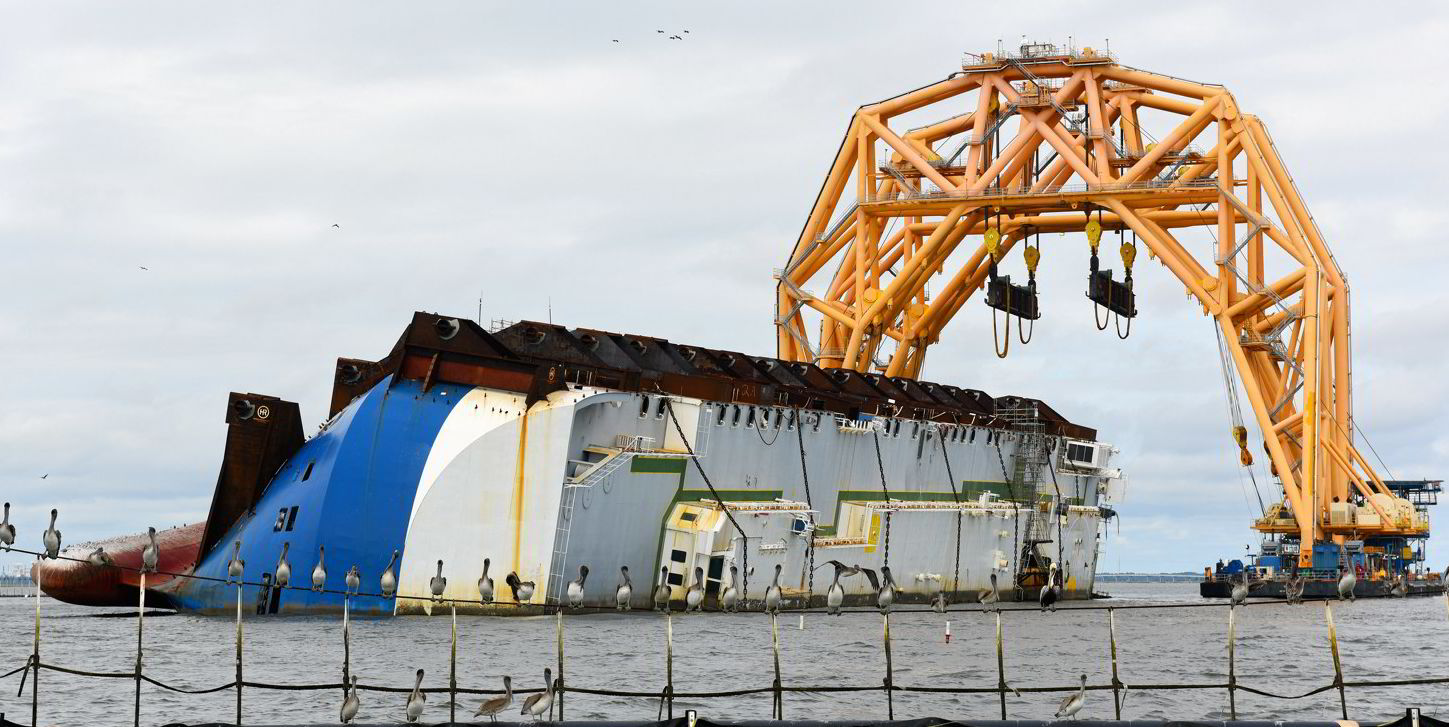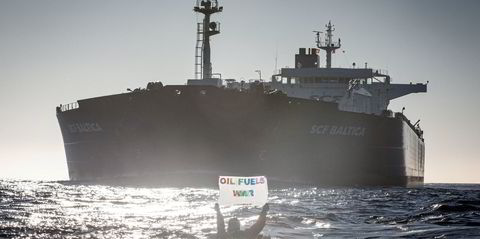Insurer Allianz Global Corporate & Specialty (AGCS) said ship losses in 2020 continued to be at all-time low levels, despite the impression given by several high-profile incidents.
In its annual Shipping & Safety Review, the global insurer said there were only 49 losses in 2020, compared with 48 in the previous year.
The figure marks a considerable improvement on the 10-year rolling average of 88 losses each year. South China, Indochina, Indonesia and the Philippines accounted for the largest proportion of the losses last year with 16 recorded in the region.
But, despite the low figures, the insurer warned that the shipping industry should remain cautious.
Captain Rahul Khanna, global head of marine risk consulting at AGCS, said: “It is not all smooth sailing.
“The ongoing crew crisis, the increasing number of issues posed by larger vessels, growing concerns around supply chain delays and disruptions, as well as complying with environmental targets, bring significant risk-management challenges for shipowners and their crews.”
The crew crisis, in which seafarers remain trapped on vessels because of the travel restrictions in place to prevent the spread of coronavirus, remains a concern.
“Extended periods at sea can lead to mental fatigue and poor decision-making, which ultimately impact safety,” Khanna said. "There have already been shipping incidents which have featured crews who have been on board for longer than they should have."
The current blockages at container ports are also causing issues for shipowners and their marine insurers.
Justus Heinrich, global product leader of marine hull at AGCS, said machinery claims continue to be high, as difficulty in securing spare parts pushes up the costs of claims.
“Overall, the frequency of marine claims has not reduced,” he said. “We are also seeing an increased cost of hull and machinery claims due to delays in the manufacture and delivery of spare parts, as well as a squeeze on available shipyard space.”
AGCS pointed out that salvage costs are also increasing for insurers, citing the costs of the 7,700-ceu car carrier Golden Ray (built 2017) wreck removal in Brunswick, US.
There are also concerns over whether port facilities are adequate for the latest generation of ultra-large containerships, with the March grounding of the 20,388-teu Ever Given (built 2018) as an example.
The vessels, which can have a capacity of up to 24,000 teu, are also exposed to large losses through extreme weather events and fire caused by misdeclared cargoes.
